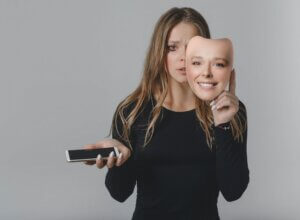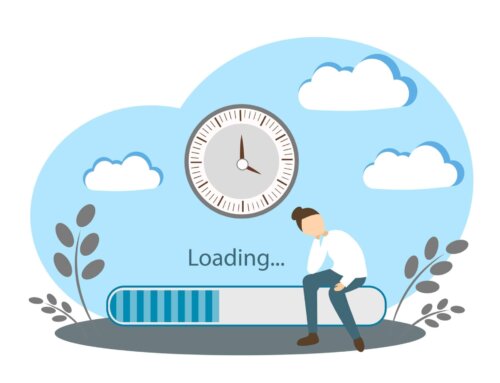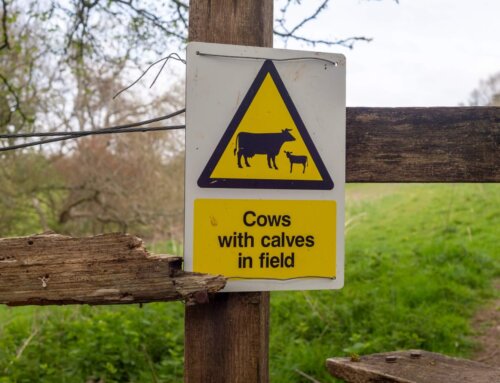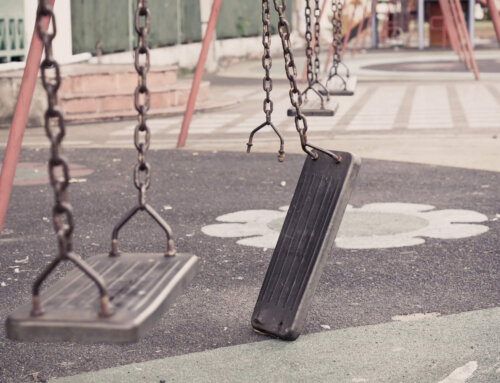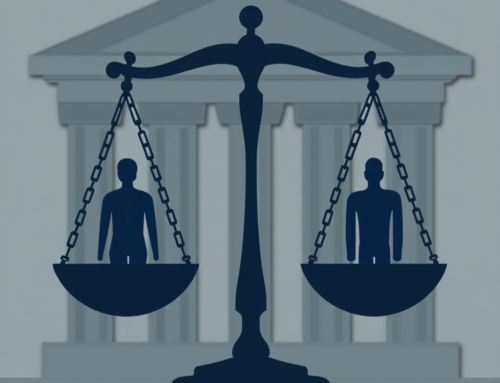Social media is now very much a part of everyday life. Many of us (4.7 billion worldwide, in fact) can’t get enough of sharing, liking, Tweeting, Tik Toking, and generally being all things social. It’s a great way to keep in touch with old friends and connect with like-minded new ones.
If you’re pursuing a personal injury claim, however, it might not only be your friends and family who are interested in your latest shenanigans. Your opponent’s insurers are potentially also taking a keen interest and conducting online surveillance of your social media accounts. In many circumstances, such surveillance is perfectly legal and has been used in Court to undermine and even defeat personal injury claims.
What is Social Media Surveillance?
Social media isn’t akin to a conversation down the pub; as soon as we hit ‘enter’, we lose control of our post, making it almost impossible to retract, delete or deny. This doesn’t only apply to our own posts, either; friends, colleagues – even strangers – share information about us online. All of this provides a treasure trove of information for anyone minded to do some digging, and they often don’t need to dig deep to reap the rewards. A cursory search on Facebook brings up a plethora of information about a person; posts, photos, places they’ve visited, groups they’ve joined – it’s all there for anyone to see.
Social media surveillance has been a game changer for insurers. It’s now commonplace for them to tap into the rich information source of social media by trawling a Claimant’s accounts in search of anything to discredit a case. They will often throw their net further and sift through close contacts’ posts as well. If the information is public, they can legally review and collate it; if it’s helpful to their defence, they will use it in evidence.
How Can Evidence Gathered Through Social Media Surveillance be Used Against You?

Take the case of Leon Swift. Mr Swift was a Claimant in multi-party litigation against a manufacturing plant which had suffered a substantial fire. The fire caused extensive smoke to permeate the nearby area. The Claimants worked or lived locally and brought personal injury claims relating to issues such as breathing difficulties.
Mr Swift alleged that the fire had caused him to suffer ailments, including headaches and sinus problems. Unfortunately for Mr Swift, the Defence produced a Twitter exchange involving him which went something like this –
“Leon Swift: either of you’s jumped on this Sonae claim bandwagon?
TC: been all over the radio
MC: residents living close going to solicitors due to harmful emissions from the plant
MC: looks like everyone’s doing it now because it’s shut down
Leon Swift: they’ve admitted liability, so anyone living or working in the area at the time of the fire can claim
MC: get on it ken/tom
MC: not for me #too honest
Leon Swift: too honest ya, good one matt. I’m getting involved I reckon, pays for the summer holiday if it goes thru”
Needless to say, Mr Swift’s claim was found to be fraudulent, with the Judge noting his ‘extreme discomfiture and obvious embarrassment’ as the Tweets were read out in Court.
Mr Swift’s case is an extreme example of how social media can defeat a personal injury claim – the fabled ‘smoking gun’. For many, the effects of material gleaned from social media will be far more subtle.
Say, for example, you are involved in a car accident and sustain injury. You decide to make a car accident compensation claim to recover damages for your injury. Despite being in considerable pain, you go to your child’s sports day. Your child is triumphant, and you are photographed together, smiling and holding the medal. Ever the proud parent, you share the photograph on Facebook, much to the delight of grandparents, aunties and uncles. Were an insurer to obtain the photo, they may seek to use it to persuade the Court that you are exaggerating the extent of your injuries.
Personal Injury Claims for Psychological Injury
The issue is compounded in cases of psychological injury. It is an unfortunate fact of social media that many of us feel compelled to portray a perfect existence online – the so-called ‘Insta Life’. This can lead to a distorted view of reality.
When pursuing a personal injury claim for depression, for example, it will do your case no favours to fill your social media accounts with smiling photographs and posts declaring what a fantastic life you lead.
Whilst the portrayal may be a far cry from reality, it is a sad fact that the phrase ‘you are what you tweet’ rings true. Ultimately, when a Judge is faced with a barrage of material depicting your happy existence, you may face an uphill struggle to convince them of a starkly different reality.
How to Avoid Social Media Undermining your Personal Injury Claim
It’s a terrible shame when genuine personal injury claims are undermined by a distorted version of reality gleaned from social media. Here are a few measures you can take to minimise the risk of this happening –
- Make your accounts’ Private’. Many social media platforms are set to ‘Public’ by default, so review and adjust the privacy settings accordingly.
- Avoid mentioning the claim – even if you think your comment is harmless, it may be distorted and used against you.
- Think before you post – if you would not be comfortable with the material falling into the Defendant’s hands, don’t post it.
- Be careful with ‘check-ins’ – if you are pursuing a claim for a broken leg, being seen at football practice could be extremely damaging, even if you were only spectating.
- Understand that you cannot control what others post online but do what you can to limit any damage. Make sure you adjust your settings to ensure your approval is required of posts featuring you.
- If you think that despite taking precautions, there’s still a chance your claim could be negatively impacted, it may be sensible to disable your social media accounts until the claim is resolved.


